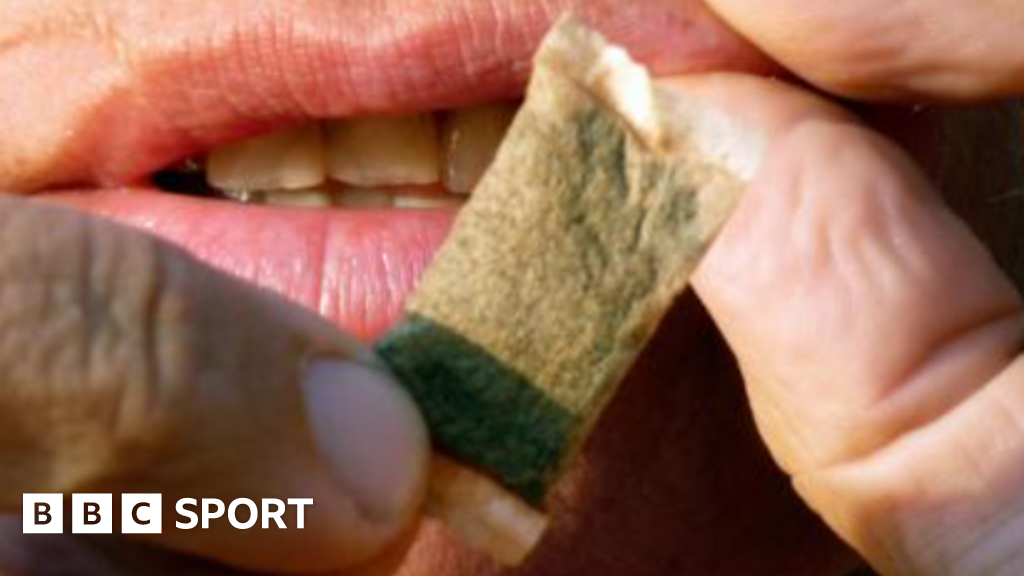The report noted that a review of available evidence suggests snus use is associated with an increased risk of oesophagus and pancreatic cancer in comparison to non-smokers, and to an increased risk of cardiovascular disease.
There is also strong evidence of an association between snus use and mouth lesions.
A majority of male players (58%) and more than three-quarters of female players (86%) in the study said they had not previously received any education about snus.
In March 2023, the PFA said a growing number of players were using snus with some receiving help for addiction.
More than half of the male users in the survey (53%) and almost three-quarters of the female users (73%) reported elements of nicotine dependence – such as cravings and using without awareness or intention – while withdrawal symptoms reported included anxiety, irritability and restlessness.
Nearly two-thirds of the male respondents (62%) in the survey said they sourced snus products from a shop while just over half the women (55%) purchased them online.
The report also highlights the risk of an adverse anti-doping finding if products have been contaminated. It adds that club bans had not been effective in deterring use, and recommends personalised, external support – avoiding stigmatising those seeking help.
“This is an important piece of work that will help players, clubs and medical staff make informed decisions about snus use,” said Dr Michael Bennett, the PFA’s director of player wellbeing.
“Importantly, these findings tell us that while a lot of players appear to be looking to substances like snus as a coping mechanism to handle the growing demands of the game, many are not fully aware of its effects and addictive qualities.”
Dr Daniel Read, lead researcher and lecturer at the Institute for Sport Business, Loughborough University London, added: “The findings show that snus and tobacco-free nicotine pouch use among professional footballers is higher than typically seen in the UK general population and players often use these products to relax and manage stress.”

